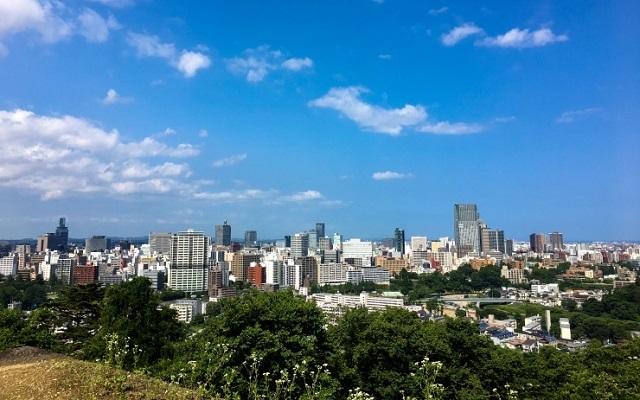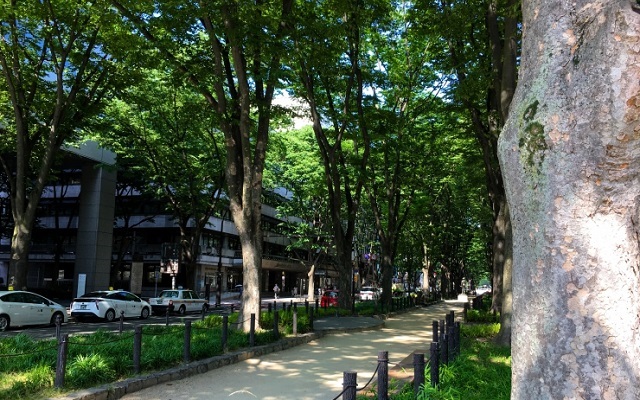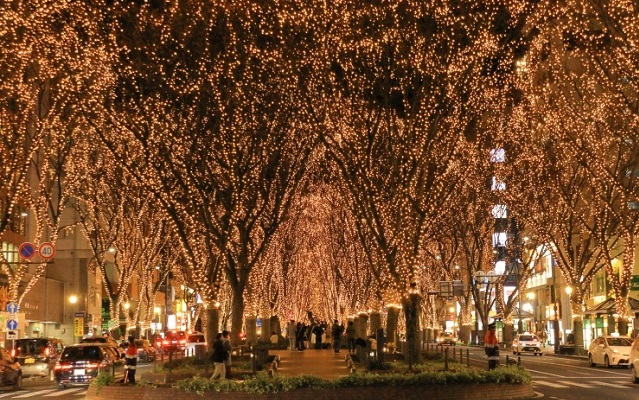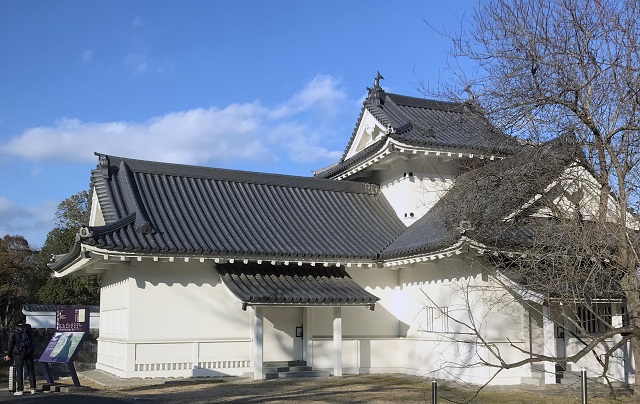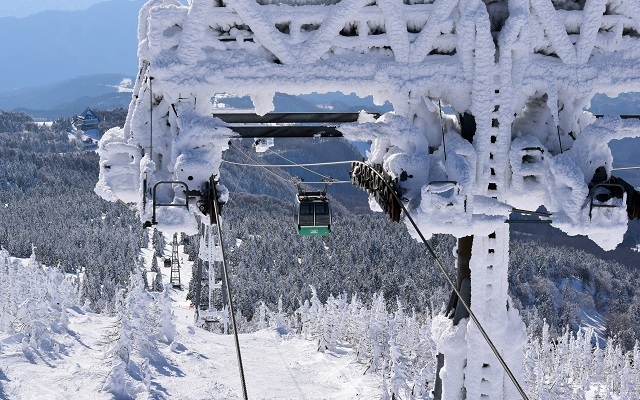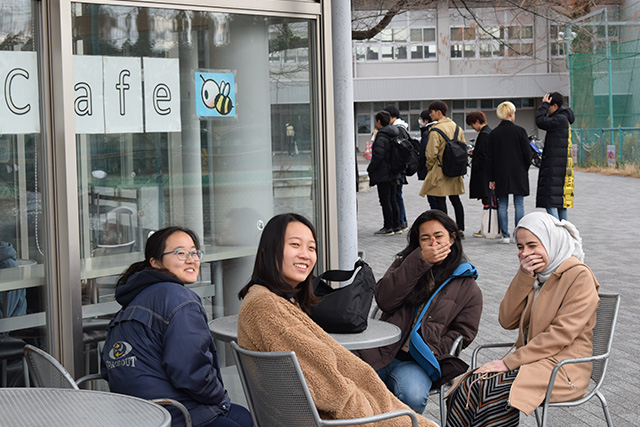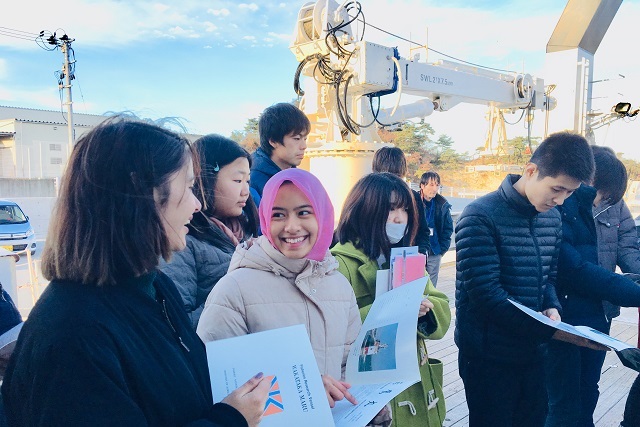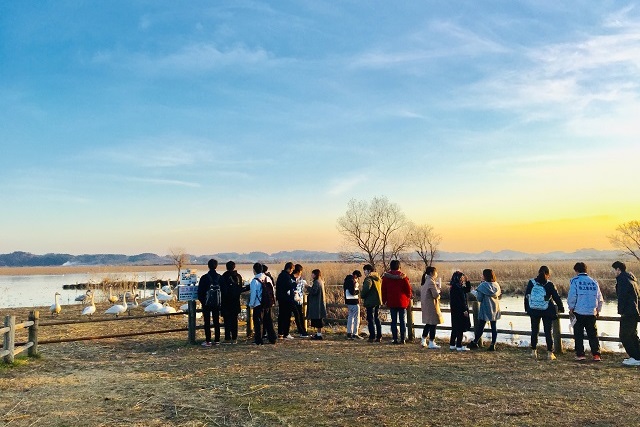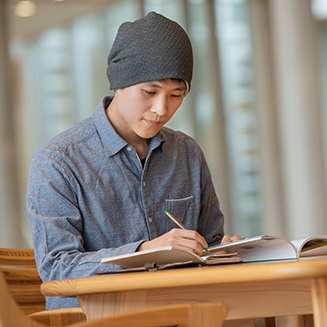
Yoon Jeongwoong
(South Korea, AMB student, Class of 2022)
Hear what AMB 3rd-year student Yoon Jeongwoong has to say about his experiences as a Tohoku University Applied Marine Biology Major.
(i) Enthusiastic, supportive and friendly professors.
What surprised me the most when I first came to Tohoku University as an AMB student was the attitude of professors here. There was no barrier of authority between the professors and students. I was amazed that I could ask any relevant questions directly to these renowned researchers, both in and outside of class — and they always try their best to answer my questions. By studying here, in Sendai, Japan, I now know much more about this part of the world and life here. If anyone has the same perspective of studying as mine, I definitely recommend they come and study in these excellent settings. With the professors’ assistance and cooperation, you can choose to be more than just a student. Here, as long as you want, you can contribute to science and gain a deeper knowledge no matter which year you are in. In the AMB course, you can improve yourself at whatever level you are right now in terms of academic understanding. Everything is set for you; the only direction to go is forward.
(ii) Great people from across the world to share great memories with.
I was pleasantly surprised that everyone I met in the AMB program is both kind and smart. AMB students spend a lot of time together in class following a single unified curriculum (modifications can be made). This means that students have a good support system — whether you want to talk with students in higher or lower years.
After graduating from AMB, some of us move onto graduate school in the same faculty. You can still keep in touch with them and get advice anytime you want, e.g., on research direction and insights, plans before and after graduation, life hacks in Japan and nice restaurants in Sendai.
As a future AMB student, you will be surrounded by awesome people before you know it! Maybe it’s because good people love the ocean or, on the flip side, that studying the ocean draws incredible minds.
(iii) Learning uncharted biological sciences and marine biology
The media sometimes make it sound like humans have figured out all there is to know about biology (with but a few medical problems left to tackle, e.g., cancer). However, we have not. Knowledge of biology to date has been essentially human-centered, then mammalian-centered, then focused on organisms easy to access, namely those on land, and then ‘a few’ model organisms, such as fruit flies, zebrafish, nematode worms, yeasts, and the like. However, the marine world teems with organisms that neither you (nor I) have ever seen, or even heard of, and that often escape the ‘knowledge in the book’ of biology. Even more surprising is that out of nowhere, these creatures have, in fact, provided the basis for many scientific discoveries that are vital to the health of the planet and its habitants — we humans — yet we take this for granted.
I want to list a few of fun facts with respect to what marine organisms have provided. If any of these catches your eyes and amuses you, you will never regret applying to the AMB degree course to study them.
- Developmental biology (comprehensive studies in a range of gamete ⇨ fertilized egg ⇨ zygote ⇨ embryo ⇨ (metamorphosis) ⇨ adult phenotype) “hatched” with studies of sea urchins?
- Studies of the squid nervous system have established the basic knowledge of nervous systems and how neurons fire (action potential, polarization, etc.)?
- Weird-looking sea squirts (a.k.a., ascidians) are members of the Phylum Chordata (basal to Subphylum Vertebrata), i.e., quite close relatives to human? In fact, except fish and marine mammals, they are closer to human (and vertebrates) than any other marine animals!
- Prostaglandin biosynthesis once almost completely relied on extracts from corals?
- Fish and shellfish contain omega-3 lipids (EPA, DHA, etc.), whereas land plants and animals almost only possess omega-6 and omega-9?
- Marine phytoplankton and seaweeds (neither are ‘plants’!) account for ~50-70% of world‘s oxygen production at amazing efficiency?
- Annelids (e.g., polychaete worms and their relatives inhabiting mostly marine environments) that nobody seems to care about are, in fact, the third largest phylum and the cornerstone of ecosystems underwater?
- Sponges (Phylum Porifera) and jellyfish (Phylum Cnidarian) are of great importance in stem cell studies because of their remarkable regenerative abilities?
- Taq polymerase, which revolutionized PCR (polymerase chain reaction), which has in turn revolutionized biology, is found in aquatic bacteria?
- Invertebrates, the majority in the marine environment, lack adaptive immune systems and for this property, horseshoe crab blood (more precisely, ‘hemolymph’) is everywhere for medical use (i.e., for pathogen detection)?
- There are no insects (i.e., hexapods) in the sea? Although, there is a distantly related sea creature called a “sea spider.”
- Very often conventional boundaries, e.g., alive versus dead, or plant versus animal, are ambiguous in the sea?
(iv) Super-neat campus
I have to finish with one more thing that could clinch it for readers who are thinking of applying to AMB. That is the great, new, leading-edge facilities we have here in the Faculty of Agriculture (which AMB belongs to). It is indisputable that we have the newest and neatest campus of the many campuses of Tohoku University. We are proud of our own library, student commons, restaurants, co-op, dormitories, classrooms, labs and meeting facilities. At first glance, I am sure that you will like our campus too! Hope to see you in Sendai!
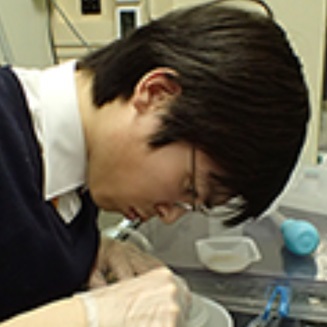
Leo J. Che
(USA, AMB Graduate, 2017)
Now working in aquaculture research for a private aquaculture company in Ishinomaki, Japan (October 12, 2018)
Since I was a child I have been fascinated about the ocean and various organisms that reside within it. Through my own reading I learned that the oceans connect vast areas of the planet together into interrelated systems. This leads inevitably to the conclusion that those who study these systems should have an international outlook. Thus, when I was presented with the opportunity to study marine biology in the AMB course, I felt that this could be a great starting point for my future career.
While studying at Tohoku University I found a number of interdisciplinary research opportunities. My research into my organisms of choice, octopuses and squids, crossed into developmental genetics, digestive physiology, experimental aquaculture, and plankton ecology. The staff were incredibly supportive of my efforts and mentored me on the various skills I needed while offering their insight. Nothing was simply given to me, but when I put in the effort and justified my reasoning with research I often found that paths opened up to me.
My time at Tohoku University gave me a number of important skills and professional connections as well as several potential life-long friendships. For these things I will be forever grateful. University life had its trials and tribulations but I can certainly say that my efforts there were well rewarded.
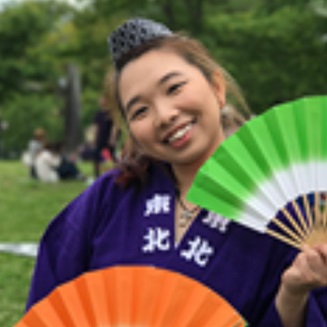
Germaine Lau
(SINGAPORE, AMB Graduate, 2017)
Now doing research towards a Masters Degree at Tokyo University of Marine Science and Technology (November, 2018)
After graduating from high school in Singapore, I chanced upon the Applied Marine Biology program offered by Tohoku University while applying for university. I had entered the course with no expectations but, as I progressed, I found that the research opportunities Tohoku University provided were limited only to the willingness of students to carry them out.
With the guidance provided by both my professors and seniors, I was able to take my first steps into the vast world of research. This fueled my passion to continue my studies in fish immunological studies for my Masters. Currently pursuing my graduate studies in Marine Life Sciences at Tokyo University of Marine Science and Technology, I miss my days at Tohoku University where all my professors and course mates exchanged time and knowledge.
I am filled with utmost gratitude for the dedication and patience I was accorded in learning new techniques and procedures in the course of my study. I would like to extend my gratitude to the members of the Marine Life Science and Genetics Laboratory and Professor Suzuki for their generous guidance.
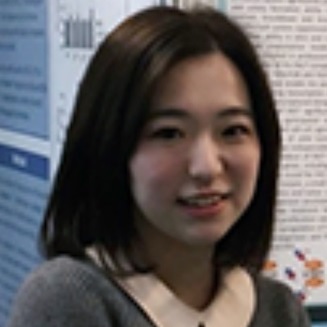
Jialing Shen
(CHINA, AMB Graduate, 2016)
Presently studying towards a PhD at the University of Hong Kong
After graduation from high school in Shanghai, I started my undergraduate study in Tohoku University, majoring in Applied Marine Biology. The AMB classes, in both theory and practice, infinitely opened up my research choices and helped me in discovering my real interests.
To get a better understanding of what research is, I chose Professor Suzuki's laboratory in my sophomore year. Thanks to Professor Suzuki's kind guidance, I was able to find what I am interested in. Currently, I am pursuing a PhD in the University of Hong Kong. I am really enjoying my new research, but I still miss my days in Tohoku University.
My time studying at Tohoku University was an amazing experience thanks to the prominent lecturers and dedicated classmates. Whenever I was troubled with research or had questions regarding classes, all the professors were willing to help and the passion they have for their work clearly came across. Besides research, I made a bunch of great friends and had an excellent time in Tohoku University. My four years of undergraduate study in Sendai was undoubtedly a significant experience that will be valuable for the rest of my life.
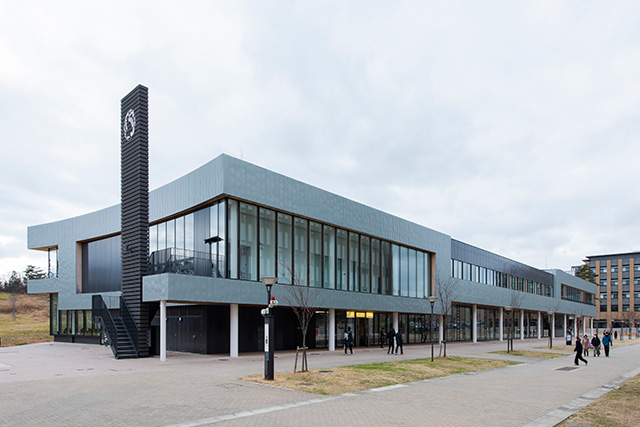
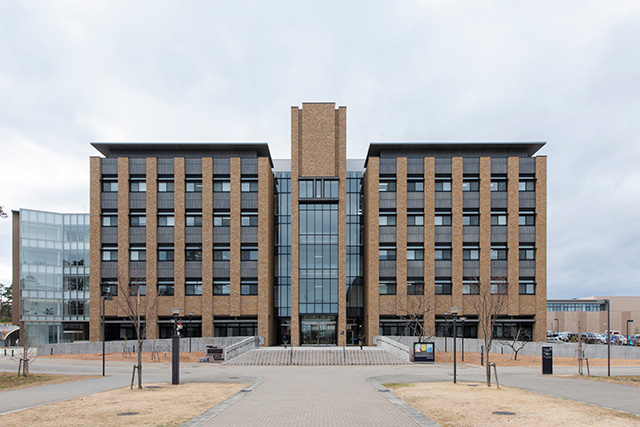
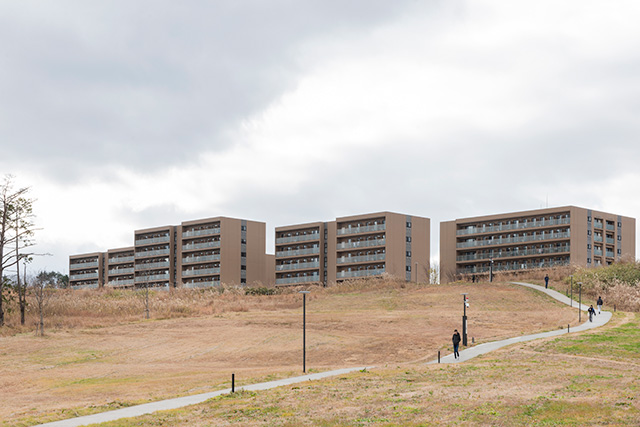
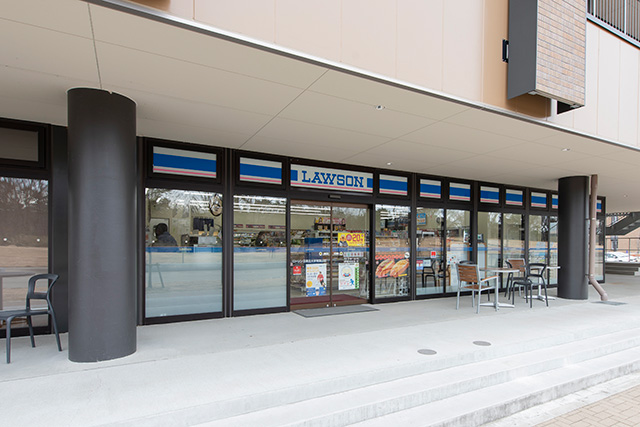
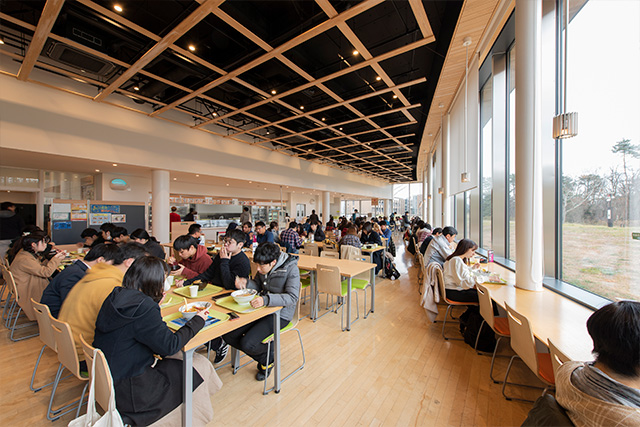
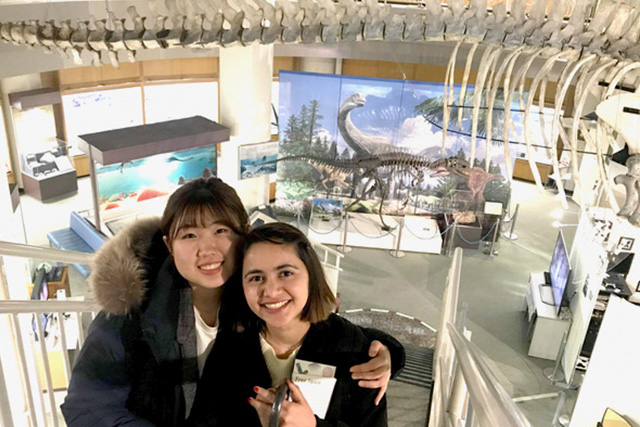
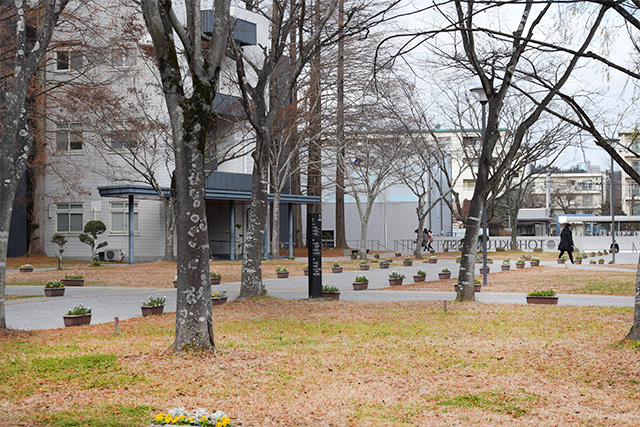
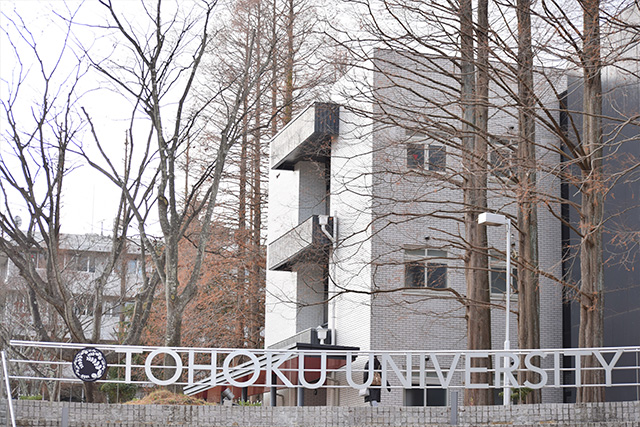
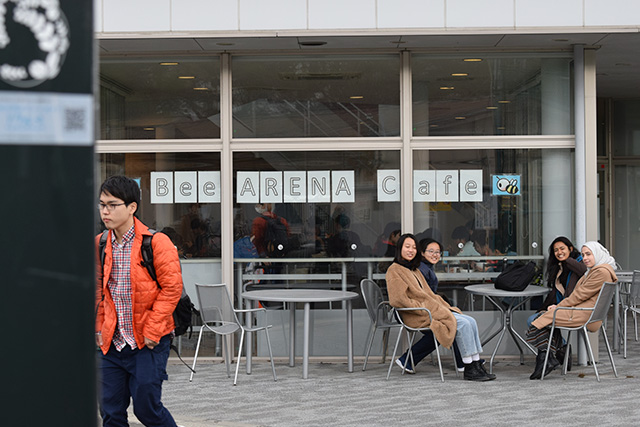

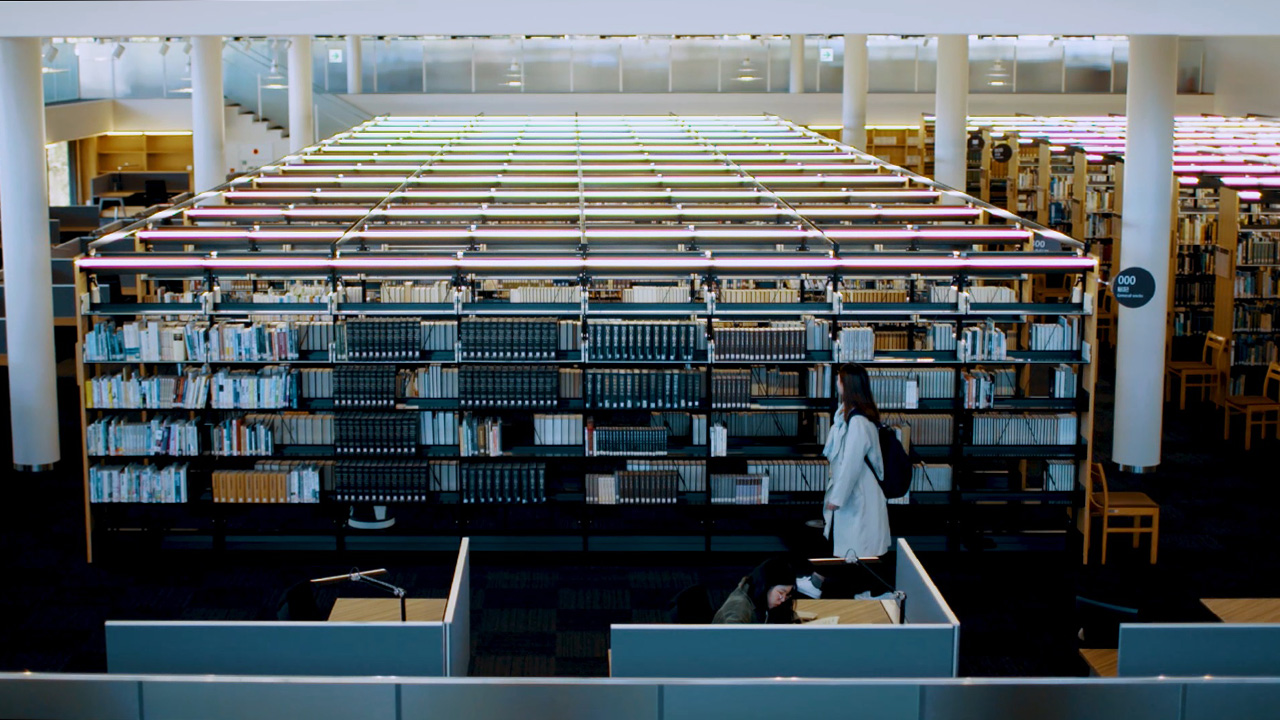 HOME > Campus Life
HOME > Campus Life
